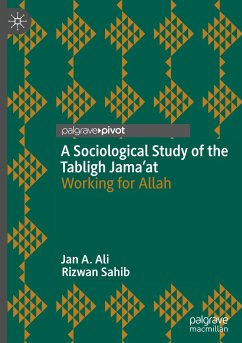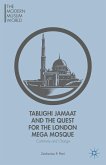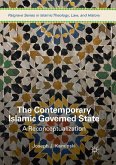In this book we study The Tabligh Jama'at, an Islamic revivalist movement which, through participation in its preaching tours, provides satisfaction to individuals experiencing the crisis of modernity. Preaching tours enable Muslims to become workers for Allah and involved in the renewal of Allah's world. We explore the ideological underpinning of preaching and working for Allah through the application of Frame Theory. Through an analytic framework comprising framing tasks and framing processes we unpack how the ideas of Islamic revivalism found in key Tabligh Jama'at written and oral texts - the Faza'il-e-A'maal and bayans - are packaged and communicated in such a way as to attract individuals to participate in preaching tours. The book concludes that working for Allah provides Muslims with meaning, social solidarity, and satisfaction which modernity has failed to provide them. This book will appeal to academics, researchers, journalists, policy-makers, and research studentsinterested in or working on Islamic revivalist movements.








